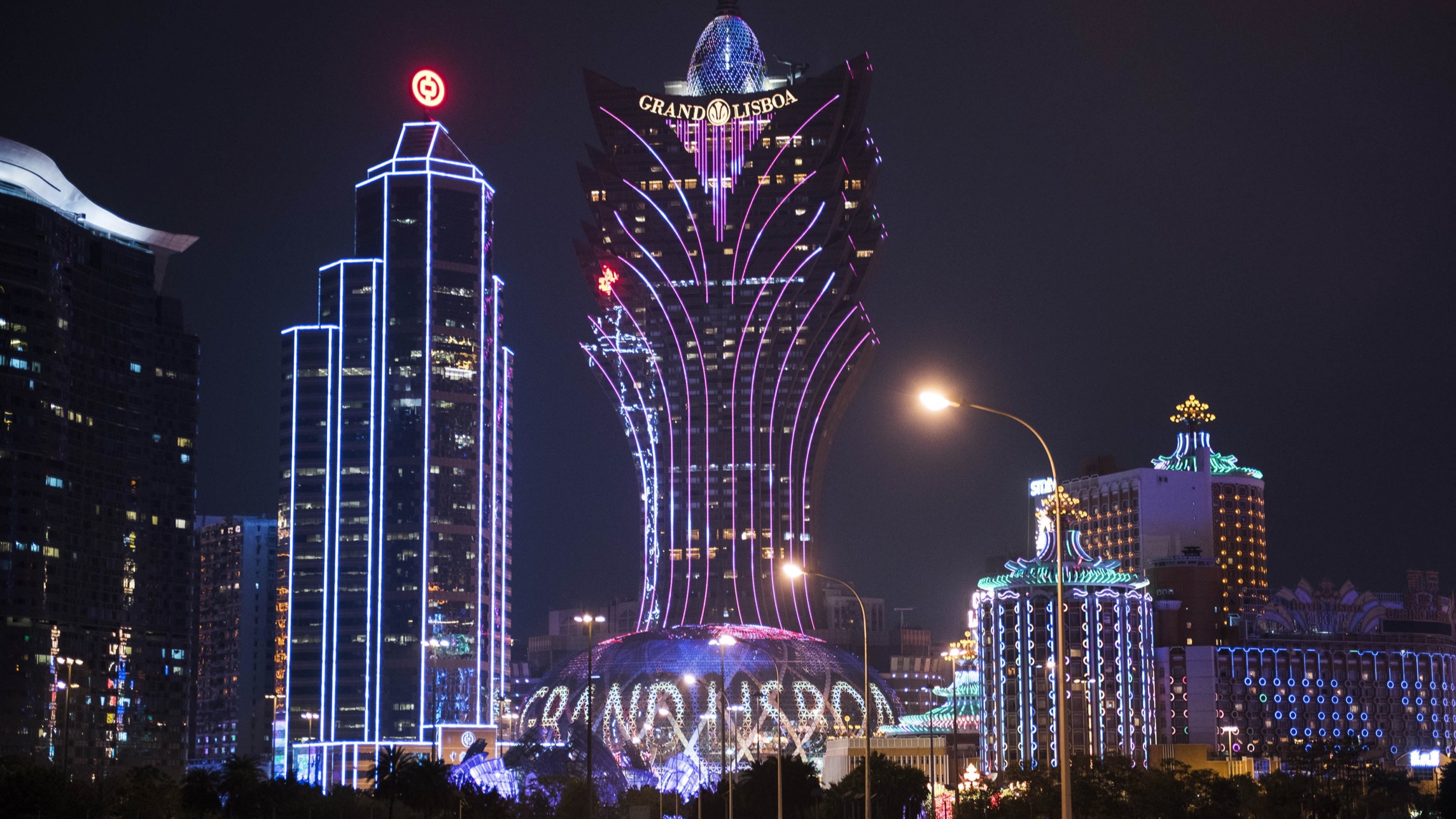
Casino entertainment have long been a staple in human culture, providing not just entertainment but a captivating reflection of our aspirations, ambitions, and fears. From the spinning reels of a slot machine to the skill-based strategies of poker, these games encapsulate a spectrum of human feelings and experiences. At their core, casino games are not just a chance to win money; they are a reflection of life itself, where risk versus reward merge and fate can change in an moment.
As players convene around tables or sit in front of glowing machines, they take part in a tradition that transcends mere playing. These games mirror our natural desires for relationships, excitement, and the pursuit of luck. They also reveal deeper truths about human behavior, such as our relationship with chance and the excitement of risk. In exploring casino games, we discover not only the rules of play but also the rich tapestry of the human experience, showcasing our woven narratives of aspiration and reality.
The Psychology of Gambling
Gambling is intrinsically connected in human psychology, tapping into various feelings and wants. The thrill of taking risks is a fundamental aspect that draws players in, whether the thrill of spinning a roulette wheel or the excitement of drawing a winning hand in poker. This rush of adrenaline is frequently likened to other forms of thrill, as the unpredictability of outcomes elicits a unique psychological response. Gamblers often become entranced by the possibility of striking it rich, leading to an irresistible draw toward casino games.
Another, a crucial component of the psychology behind gambling is the concept of hope and ambition. Players often indulge in dreams of financial freedom and the luxurious lifestyle that can accompany winning. This optimism fuels their ongoing participation in gambling, as it provides a sense of meaning and the belief that a transformative win could be just one bet away. The narrative of beating the odds and finding success resonates with many, strengthening their commitment to play and involve themselves with these games.
Lastly, social aspects play a crucial role in gambling psychology. Gambling venues are designed to foster social interaction, where players gather to share the experience of wins and losses. This shared aspect not only amplifies enjoyment but also influences behavior, as individuals often mimic the actions of others around them. The collective approval found in mutual thrill can magnify the emotional experience, making casino games a mirror of not just personal desires but also collective engagement within the gaming community.
### Risk and Reward: A Double-Edged Sword
Casino games embody the delicate balance between danger and reward that resonates deeply with human psychology. สล็อต The excitement of placing a wager is often accompanied by a surge of excitement, as gamblers are confronted with the prospect of striking it rich, yet fully aware of the possibility to lose. This bipartisan experience reflects a fundamental aspect of life: the choices we make often come with built-in risks, and the chase for gain can push us to take chances we might not otherwise consider. In this way, casino games mirror real-world decisions, enticing gamblers to risk not just their money, but also their aspirations.
The allure of big prizes and payouts fuels a wave of hope, encouraging players to envision a more promising future that could emerge from a single victorious spin of the roulette or flip of a card. This hope can drive individuals to engage in greater risks, urging them to extend their limits in search of financial gain. However, just as in life, the results of these risks can lead to both victory and despair. The stories of both jackpot winners and those who have suffered everything at the tables demonstrate the chaotic nature of luck and its impactful repercussions on our existence.
Ultimately, the interaction of engaging with casino games serves as a vivid illustration of the nature of humanity. Every session played is filled with the tension of uncertainty, as gamblers weigh the rewards against the risks. This interaction not only highlights the thrill that comes with gambling but also exposes the vulnerabilities that come with the longing for more. As we navigate the complexities of decision-making and results in both the casino and in life, we find that the search for benefit shapes our sense of self and lives in significant manners.
Community and Solitude in Gambling Environment
Casino culture is a unique blend of social engagement and personal endeavor, reflecting the dualities of human experience. Gamblers often gather around tables, experiencing in the thrill of the game, rejoicing in wins, and commiserating over losses. This communal aspect is vital, as it establishes a sense of belonging and camaraderie among diverse groups of people. Regular attendees to casinos may form friendships and develop routines, turning the gambling venue into a second home where they feel connected to a greater community of gamblers.
However, the attraction of casino games can also result to isolation. As individuals become engrossed in the excitement of playing, they may withdraw from personal connections or neglect to engage with the environment outside the gaming space. For some, the search of a windfall can distract from genuine relationships, leading to loneliness. The experience of being among others yet experiencing solitary is not rare, as the focus shifts from collective fun to the individual concerns of each player’s journey.
This interaction of community and solitude creates a vivid tapestry that defines casino culture. It showcases the intricacy of human interactions, where happiness and despair coexist. Casinos serve as both a sanctuary for social interaction and a stage for individual challenges, illustrating how deeply connected our yearning for companionship and the individual quest for wealth can be. In navigating this landscape, players confront their own narratives—seeking both the thrill of the wager and the fellowship of fellow players, eventually mirroring the wider spectrum of individual experience.
